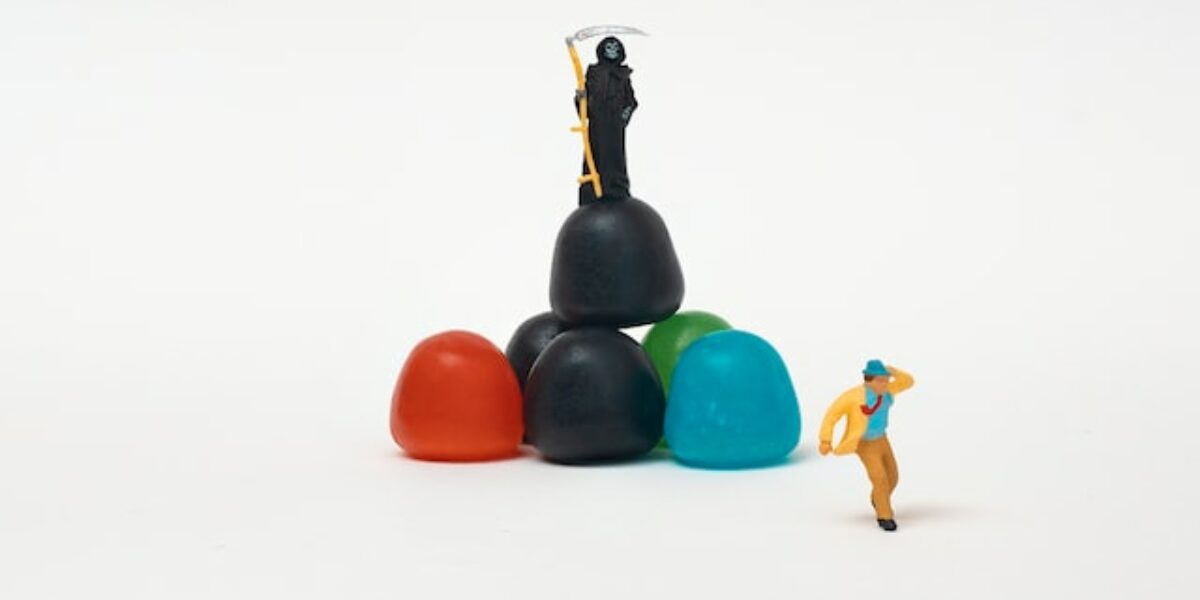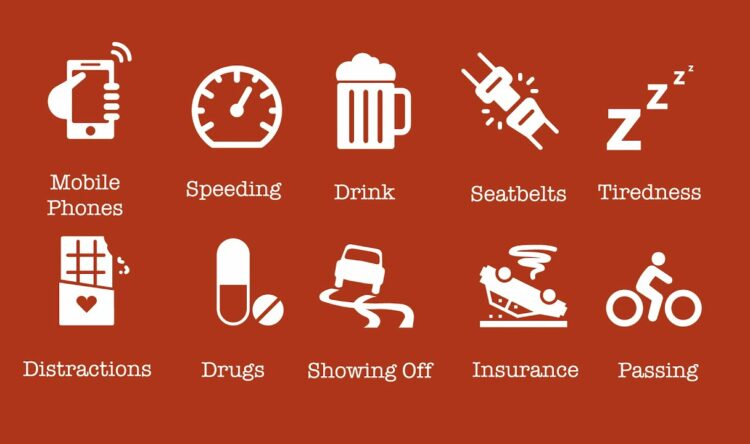Motivating macho male motorists
New French road safety campaign addresses gender culture
Aggressive macho male attitudes behind the wheel are the focus of attention in France’s latest road safety campaign.
The road safety body has launched the new campaign to help reduce the number of deaths among men. It aims to discourage risky, macho behaviour and attitudes.
“Be the man you want to be, but be a living man” is the slogan.
Calm down dear
The campaign is targeting male drivers, who represent 78% of people killed on French roads in 2022, according to a recent report on road safety.
It seeks to target aspects of masculinity that might push male motorists to engage in reckless driving. A short video by French director Rémi Bezançon is at the centre of the campaign. He made films like “The first day of the rest of your life”.
The clip shows a child being born in a hospital, and later the father talking to his baby son. It ends with the words:
“Be the man you want to be but be a living man. 8 out of 10 deaths on the road are men.“
The video will be broadcast on French television channels, on the internet, and in movie theatres.
Sociopaths
On the launch page for the campaign, France’s road safety body cited a study carried out by two sociologists titled “Masculinity and road risks”.
Authored in part by the sociologist Alain Mergier, the new safety campaign asked the hypothetical question: “What if we had to add masculinity to the list of risk factors that contribute to road accidents?”.
Alongside this is highlighted text. This states: “It is urgent to free men from the social expectations that encourage them to associate manliness with risk-taking when driving”.
Masculine risks
Based on the 2022 road safety report, men represented 88% of young drivers killed, 84% of those presumed responsible for fatal accidents, and 93% of drunk drivers.
The head of a transportation company in Seine-Saint-Denis, Fouad, said that he has noticed distinct gendered differences in behaviour on the roads.
“I have about 15 drivers, and three of them are women”, Fouad told Franceinfo.
“I’ve never had a problem with the women because they are more concentrated behind the wheel. For example, one of my female drivers has worked for me for fifteen years and I’ve only had to change a bumper once.”
Fouad says that 90% of driving related accidents – from fender-benders to speeding – are “done by the men”.
False impressions
Sociologist Alain Mergier, believes the educational campaign si essential and fundamental to tackling road casualty figures. He believes the presence of gendered stereotypes may lead men to believe they have a natural aptitude in regard to driving. A false confidence and arrogant superiority that leads to risky behaviour and attitudes behind the wheel.
“Whether at 60 years old or at 18 years old, the stereotypes are the same. Boys are raised around cars. They are taught to have a feeling that they innately know how to drive, and that they are masters of their cars”.
In the short educational video, French actor Pio Marmaï tells the audience – and his newborn son – “You don’t have to follow what people expect of a man. Write the man you want to be”.






